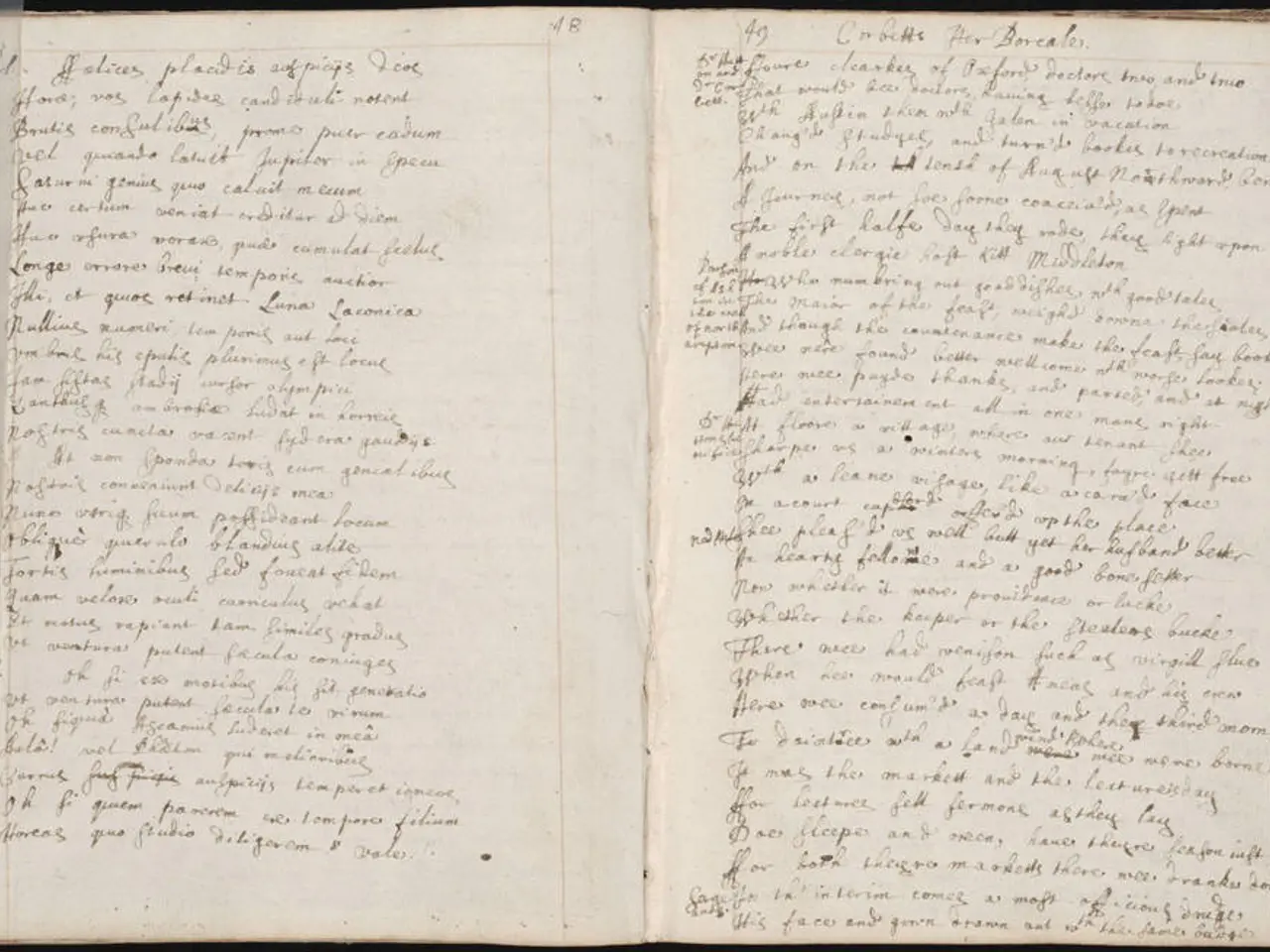UN Pushes for Palestinian Sovereignty Amid U.S.-Israeli Plan Criticism
The United Nations has hosted a conference to advance Palestinian sovereignty, aligning with the International Court of Justice's (ICJ) opinion and international law. This comes as a new U.S.-Israeli peace plan for Gaza has been met with criticism, with the UN commission alleging Israeli genocide and ethnic cleansing.
The UN conference, held to build momentum for a permanent ceasefire in Gaza and Palestinian self-determination, aimed to give practical effect to the ICJ's advisory opinion. As of October 2025, nearly 160 countries, including four of the five permanent members of the Security Council, have officially recognized the State of Palestine.
The U.S.-Israeli plan, however, has sparked controversy. It links the lifting of the blockade on Gaza to Hamas's acceptance of the agreement, bolstering the ICC case on the weaponization of humanitarian aid. The plan reframes the problem as Palestinian radicalization and requires a third party to manage affairs in Gaza indefinitely. Moreover, it envisions a 'technocratic' Palestinian entity in Gaza that functions only as a service provider, with Israeli Prime Minister Benjamin Netanyahu clarifying that Israeli troops would remain in most of Gaza and no independent Palestinian state would be established.
The UN's push for Palestinian sovereignty has gained significant international recognition. However, the U.S.-Israeli plan's conditions and implications have raised concerns, with the UN commission's findings of Israeli genocide and ethnic cleansing adding further complexity to the situation.




